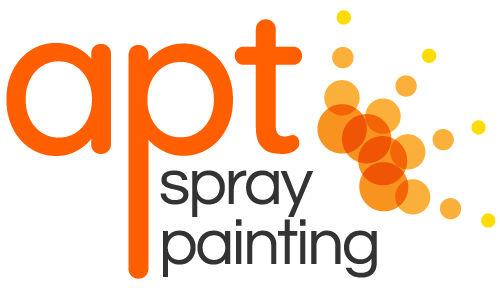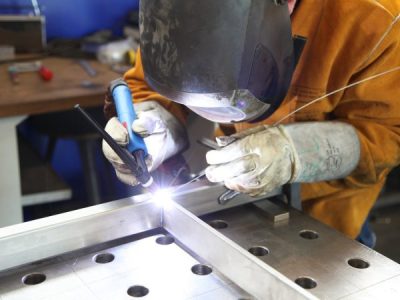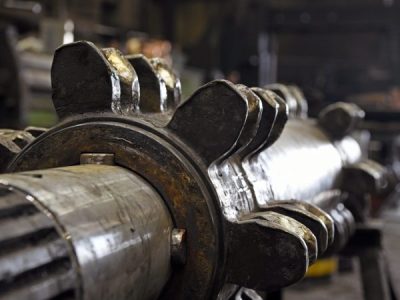Computer Numerical Control (CNC) fabrication is a critical process in modern manufacturing, enabling high-precision and efficient production of metal parts. CNC technology, which automates the control of machining tools through computer programming, has revolutionised the way industries approach fabrication. This guide explores the key components of CNC fabrication, its benefits, and how it continues to shape the future of manufacturing.
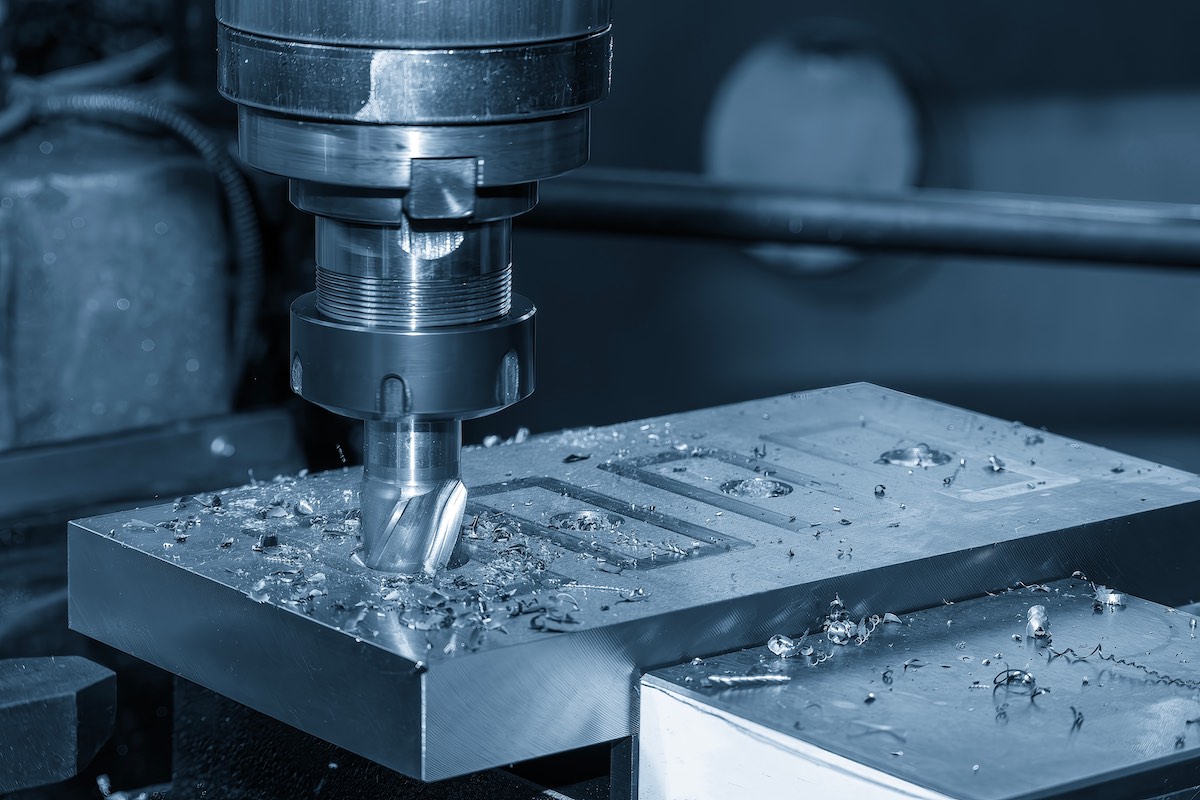
Key Components of CNC Fabrication
CNC Turret Punch
The CNC turret punch is a cornerstone of modern fabrication, evolving from manual processes to sophisticated computer-controlled operations. This machine is designed to punch or cut through metal sheets with high precision and speed. Traditionally, turret punches were operated manually, which required significant labour and time. However, the introduction of CNC technology has streamlined this process, allowing for rapid production without compromising on accuracy.
The primary advantage of CNC turret punches lies in their ability to consistently produce parts with exact specifications. This repeatability is crucial in industries where precision is paramount, such as aerospace and automotive manufacturing. Additionally, CNC turret punches can be programmed to handle complex shapes and patterns, reducing the need for additional tools and setups.
CNC Punch Machines
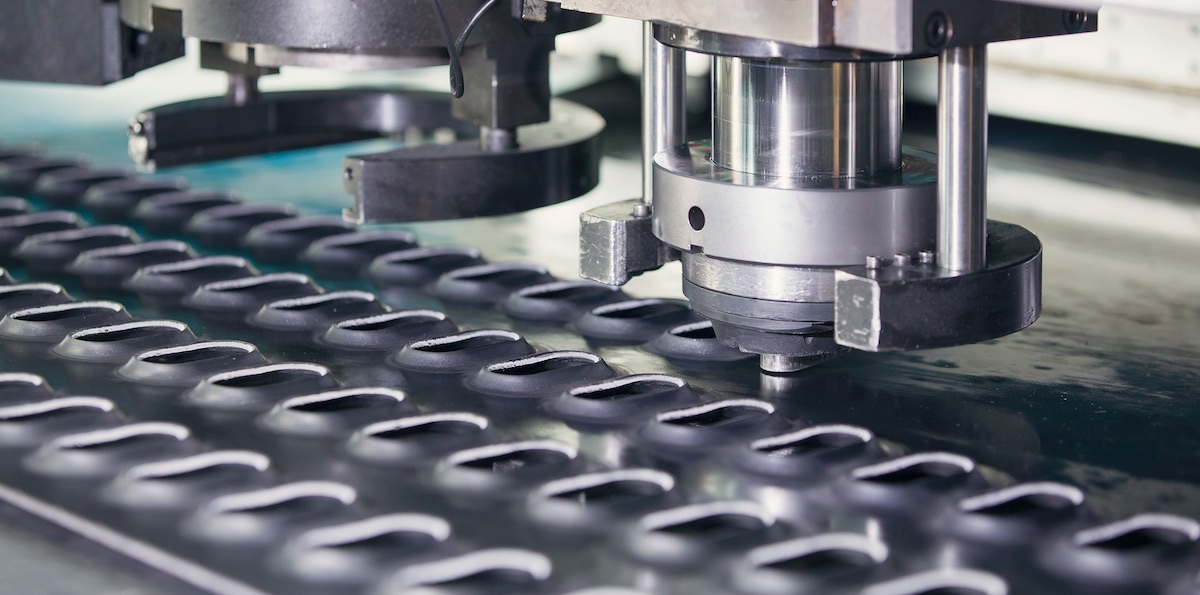
CNC punch machines take the capabilities of turret punches further by integrating with Computer-Aided Design (CAD) software. This integration allows for the direct translation of design files into machine instructions, ensuring that the final product matches the initial design with minimal error. The use of CAD in CNC punching not only enhances accuracy but also speeds up the production process by eliminating the need for manual data input.
These machines are equipped with multiple tools that can be automatically swapped during the punching process, enabling the creation of intricate designs without the need for human intervention. The efficiency of CNC punch machines makes them ideal for mass production, where large quantities of parts need to be produced quickly and accurately.
Press Brake Forming
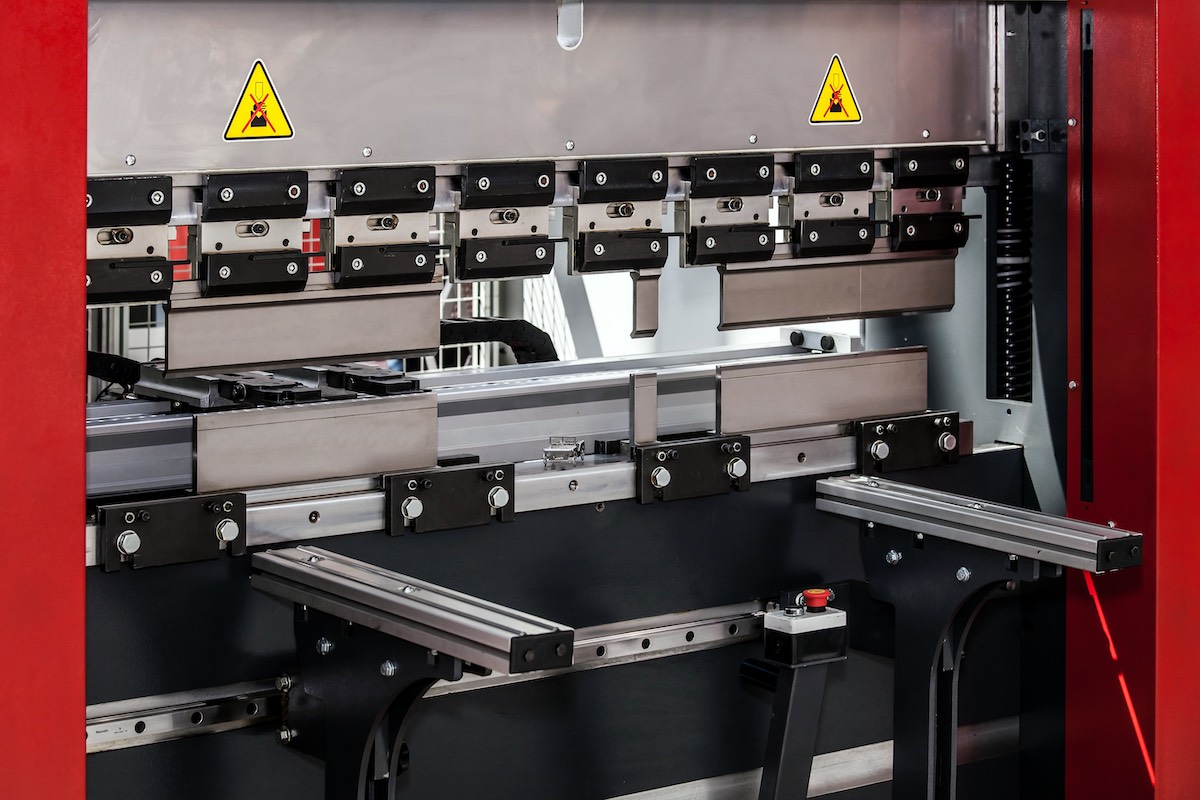
Press brake forming is another essential process in CNC fabrication, used to bend metal sheets into specific angles or shapes. The evolution of CNC press brakes has brought about significant improvements in setup times and precision. Traditional press brakes required manual adjustments and trial-and-error methods to achieve the desired bend angles, which was both time-consuming and prone to errors.
With CNC press brakes, the entire bending process is automated, with precise control over the force and position of the bending tools. This automation ensures that each bend is consistent, reducing waste and increasing the overall efficiency of the fabrication process. Moreover, CNC press brakes can handle a wide range of materials and thicknesses, making them versatile tools in any fabrication shop.
Laser Cutting Technology
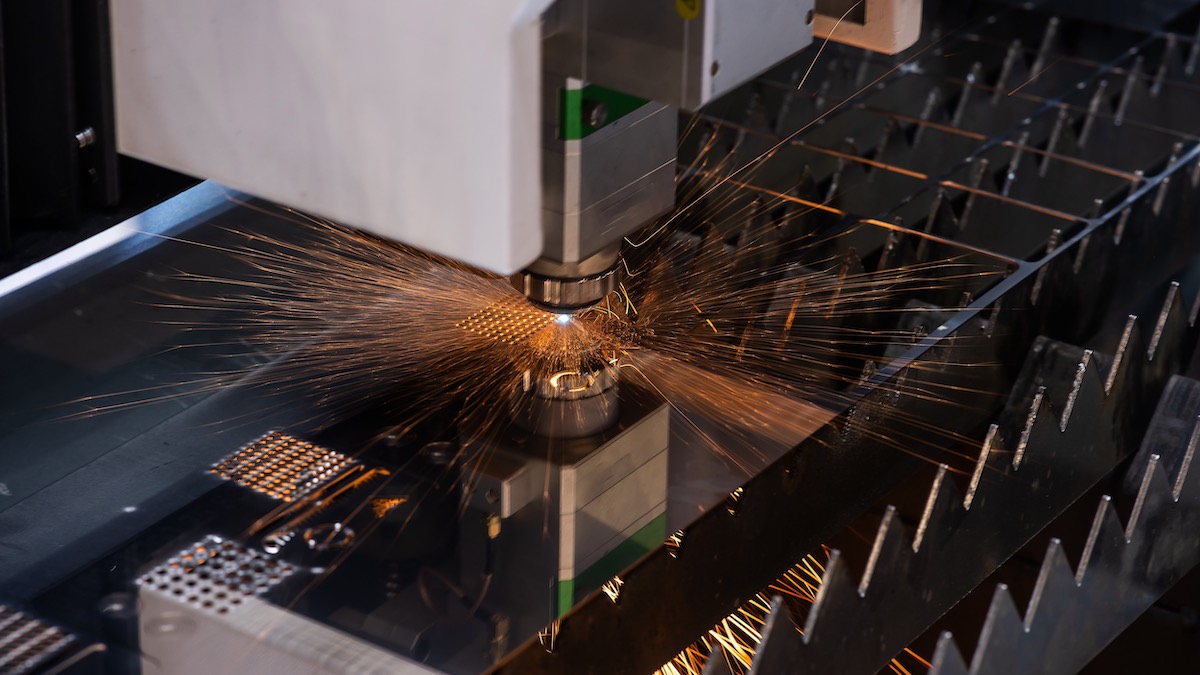
Laser cutting technology has seen significant advancements with the integration of CNC and automation. CNC laser cutters use focused beams of light to cut through materials with extreme precision, making them ideal for intricate designs and detailed work. Automation in laser cutting has led to increased throughput, as machines can now operate continuously with minimal supervision.
The precision of CNC laser cutting is unmatched, allowing for the creation of complex geometries that would be difficult or impossible to achieve with traditional cutting methods. Additionally, laser cutting produces clean edges with minimal material waste, further enhancing its appeal in high-precision industries.
The Future of CNC and Automation
Shift to Automation
The manufacturing industry is increasingly moving towards automation, and CNC fabrication is at the forefront of this shift. Automation not only improves efficiency but also reduces the potential for human error, leading to higher-quality products. In CNC fabrication, automation is being integrated into every aspect of the process, from material handling to machine operation.
Robotic arms, for instance, are now commonly used in CNC workshops to load and unload materials, reducing the need for manual labour. This automation allows machines to operate around the clock, significantly increasing production capacity. Additionally, advanced software solutions are being developed to further streamline the programming and operation of CNC machines, making the fabrication process more user-friendly and accessible.
Technological Integration
The future of CNC fabrication is closely tied to the integration of advanced technologies such as Artificial Intelligence (AI) and the Internet of Things (IoT). AI can be used to optimise CNC operations by analysing data from previous jobs and making adjustments to improve efficiency and accuracy. IoT, on the other hand, enables real-time monitoring of CNC machines, allowing for predictive maintenance and reducing downtime.
These technological advancements are set to transform CNC fabrication, making it more adaptable to the needs of modern manufacturing. The ability to quickly reprogram CNC machines to produce different parts on demand is particularly valuable in industries with high variability in product design.
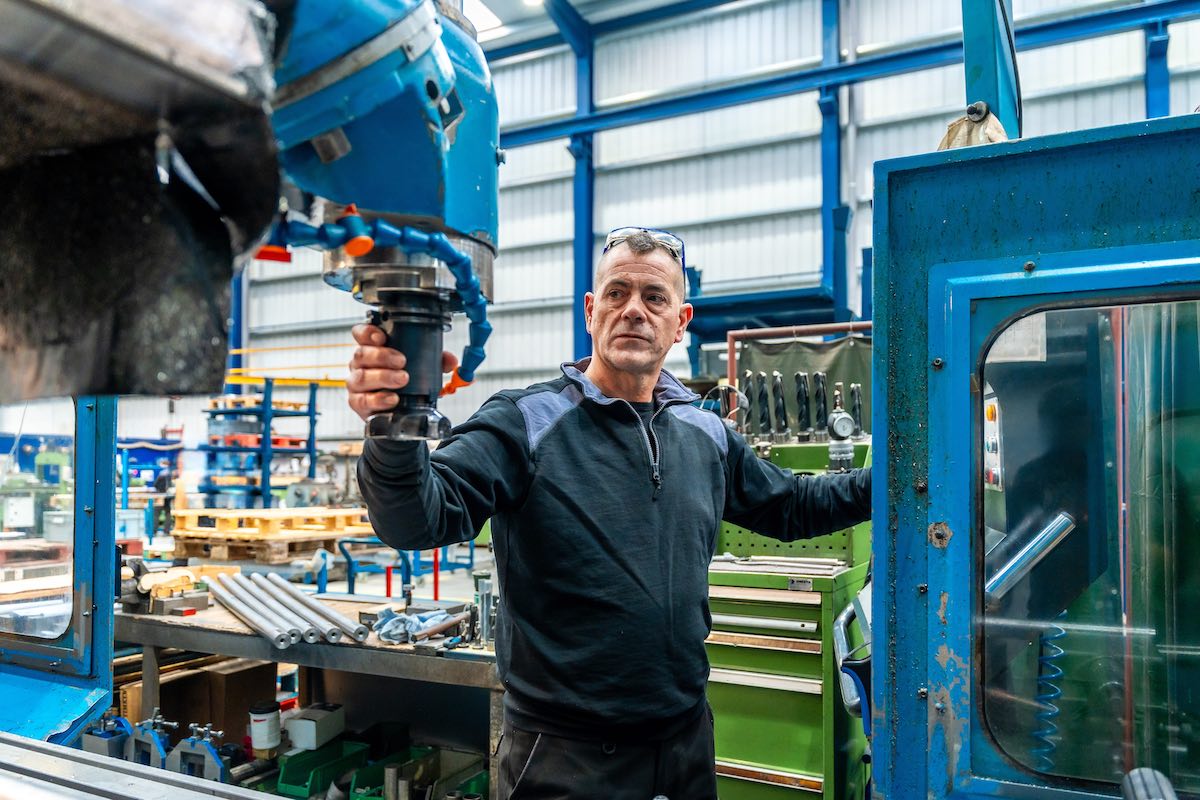
The Ever-Growing Impact of CNC Fabrication on Modern Manufacturing
CNC fabrication has revolutionised the manufacturing industry, offering unparalleled precision, efficiency, and versatility. As technology continues to advance, CNC machines are becoming even more powerful, integrating automation and AI to further enhance their capabilities. For industries that require high-quality, precise metal parts, CNC fabrication is an indispensable tool that will continue to play a critical role in the future of manufacturing.
For those looking to take advantage of CNC services, understanding the key components and benefits of this technology is essential. By leveraging CNC fabrication, manufacturers can achieve greater consistency, reduce waste, and stay competitive in an increasingly automated world. To learn more about how CNC fabrication can benefit your business, consider reaching out to a trusted provider like APT Spray Painting, who can guide you through the process and help you implement the best solutions for your needs.
